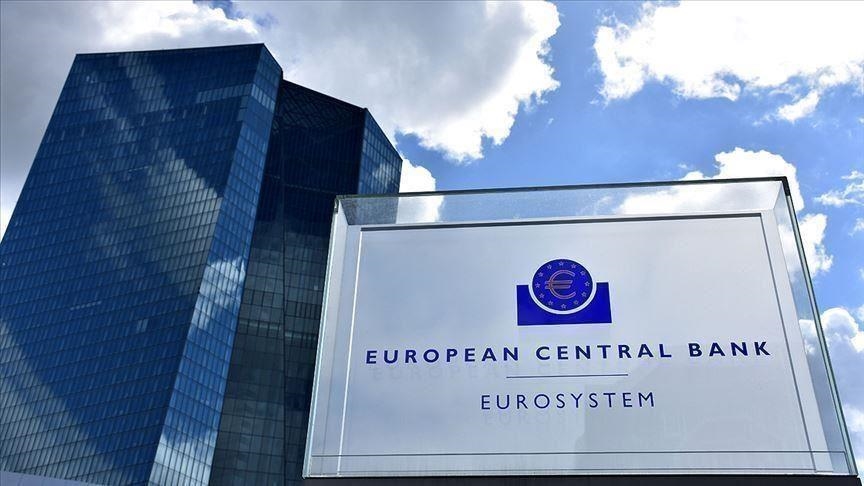OVIEDO, Spain
The head of the European Central Bank (ECB) on Thursday said that the organization would “do whatever is needed” to bring inflation back down to its 2% target.
Hiking interest rates by 50 basis points in the March meeting is all but a given, ECB President Christine Lagarde explained in an interview with Spanish broadcaster Antena 3. Beyond that, she said it was “possible that we will continue that path” in the months to follow.
She explained that whether or not the bank continues hiking rates beyond 3.5% will depend on the data. In February, eurozone inflation was recorded as 8.5%, down from a peak of 10.6% in October but still high.
“Two percent is a very decent inflation rate, and I’m determined to get back to that point. When we’re confident we can stay there, interest rates will begin going down,” she said.
The ECB predicts that inflation will approach 2% by 2025, added Lagarde.
However, she underlined that it would be a “mistake” to follow the moves of the US Federal Reserve to curb inflation, as the causes of rising prices were different in Europe.
She blamed fiscal stimulus in the US for overheating the American economy and said Europe’s inflation had more to do with a quick recovery from COVID-19 and the war in Ukraine.
In the interview, Lagarde recognized that rising interest rates were “tough” for people looking to buy homes or those with variable-rate mortgages. In Spain, the average variable mortgage jumped from as low as €460 ($487) per month to €760 in February.
“Those with variable mortgages benefitted from very low rates, but now they have to take the good with the rough,” she said.
While she ruled out interest rates turning negative again, she insisted “they won’t stay high forever.”
The ECB chief defended raising interest rates as the “most effective tool” to reduce inflation. She called Spain’s moves to reduce taxes to help people cope with higher prices “not ideal,” since taxes would have to go back up eventually.
Instead, she said governments should opt for more targeted fiscal measures to help the most vulnerable cope with the high cost of living.

